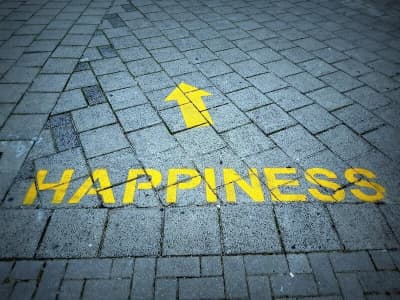How honest should we be when people ask "How are you?"?
So, let's be honest with ourselves first: how many of those people actually want or are expecting an honest answer? When someone is introduced to you, shakes hands and says "How do you do" it's not a question; the correct answer is "How do you do." (Yes – it's one of the many very silly things about British etiquette). Similarly, the glibly asked "how are you?" often requires the standard reply "Very well, thank you" regardless of our actual state of health.
So, who do we tell when we're not well at all?
There's a reason for the title of this post. Most of us over the age of forty will remember a time when the majority of gay people kept their sexuality a secret from the majority of their work colleagues and even from family and anyone who was not a close friend. There are those who wish things were still that way. Fortunately, the rest of the world has moved on.
We know from the replies to this blog that there are more than a few people out there who feel that way about their mental health. If they were to "come out" about being bipolar or having clinical depression they fear that their jobs would be unsafe, their chances of promotion compromised and their social standing undermined.
I'm not going to say they're wrong. We've still got a long, long way to go before mental health issues are accepted with the same insouciance as conditions like (say) asthma.
So, back to the question; who do we tell?
This "down" for me has been the most serious for eight years or so. What's been brilliant is having the Moodscope score to let my buddies (including my husband) know what's going on. Moodscope does my honesty there for me. Because I'm so physically compromised at the moment and really do look ill, anyone who is more than casually acquainted with me knows something is wrong. I do have to be truthful about not being well, but I don't always say "I have depression"; sometimes I'm "just very tired."
Maybe it's just luck, but when I have told, there has been vastly more acceptance and understanding than I was expecting.
But, while I'm happy to say I'm bipolar when things are fine and I am well, I'd much rather not tell when I'm down. I don't want most of my clients to know and I don't want most of my extended family to know. When you're down you're far more vulnerable and instinctively you seek to protect yourself and I'd rather not burden them with the knowledge.
So, in the end, the question is who do you trust with yourself? Who can you be vulnerable with? I really hope that at least a few names come to mind for you.
Mary
A Moodscope Member.



Comments
You need to be Logged In and a Moodscope Subscriber to Comment and Read Comments